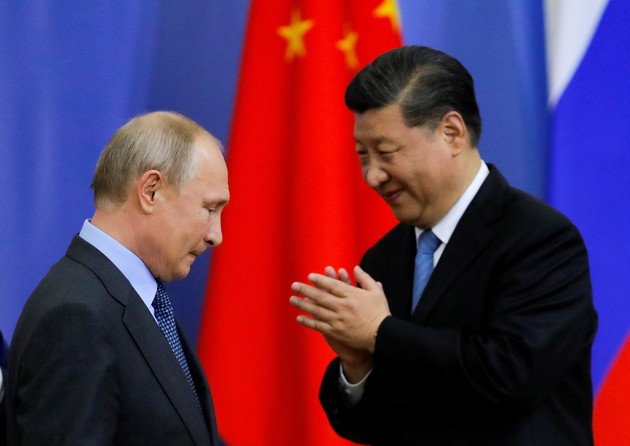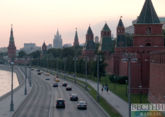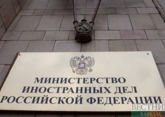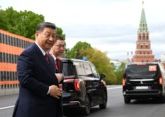Pressure from the West will draw China and Russia closer, irrespective of changes at the top in Moscow, according to diplomatic observers. The assessment came after Russian President Vladimir Putin called for sweeping constitutional changes, fuelling speculation that Putin could hold on to power after leaving the presidency in 2024.
South China Morning Post reports in its article China confident about Russia ties amid power shift in Moscow that in his state-of-the-union address on Wednesday, Putin outlined proposed changes to the constitution that would strengthen the roles of the parliament and other government bodies, weakening the potential influence of his successor. Chinese President Xi Jinping and Putin have forged a close relationship, meeting nearly 30 times in the past six years. During a trip to Moscow last year Xi described his Russian counterpart as his “best friend”.
On Thursday, Beijing was quick to dispel questions about the future of ties between the two countries, which have deepened as their relations have been strained with the West, particularly the United States. Foreign ministry spokesman Geng Shuang said China “remains full of confidence about deepening and developing the partnership with Russia”.
“Under the strategic guidance of Chairman Xi and President Putin, the comprehensive strategic partnership of coordination has entered a new era, become more mature, stable and resilient, and is not subject to the changes in international relations and each of our domestic political development,” Geng said.
Hu Xijin, editor-in-chief of influential nationalist tabloid Global Times, echoed the line on Weibo, a Twitter-like platform. “Russia is fine. The resignation of the Medvedev government is obviously planned by the Russian political figures,” Hu said in a post on Wednesday. Hu later said the “long-term stability” of Russia was crucial to China’s national interest, and that “the Chinese people should not be mistaken about” Putin’s contribution in strengthening ties between the two countries.
Moscow has turned to Beijing to counter pressure from Western sanctions imposed over Crimea, while Beijing’s ties with Washington have been strained by a bitter trade war.
Zhang Xin, an associate professor at the school of advanced international and area studies at Shanghai’s East China Normal University, said the closer ties between China and Russia “increasingly build on the common pressure they feel, particularly from the West, particularly the United States”. “That feeling of a common threat will probably play a role in further consolidating ties between China and Russia,” Zhang said.
Wang Xianju, a Russian affairs specialist at Renmin University, said the two countries were held together by more than the chemistry between the two leaders. “The two countries share common interests on many regional issues such as on North Korea and in the Middle East. The two economies are also compatible in particular in terms of energy,” Wang said. He said that while the US’ trade war with China could prompt it to improve ties with Russia, Nato’s eastward expansion and Europe’s long-standing suspicion towards Russia meant it was unlikely that Moscow’s ties with Beijing would be threatened. Gabuev also said Russia could pursue better ties with the West under the next president, but it would not be “at the expense” of its relations with China. “Russia will continue to try and build its economic interdependence with China and will still be on the same page in terms of values and powers of the state over rights of the people. That won’t change much.”










